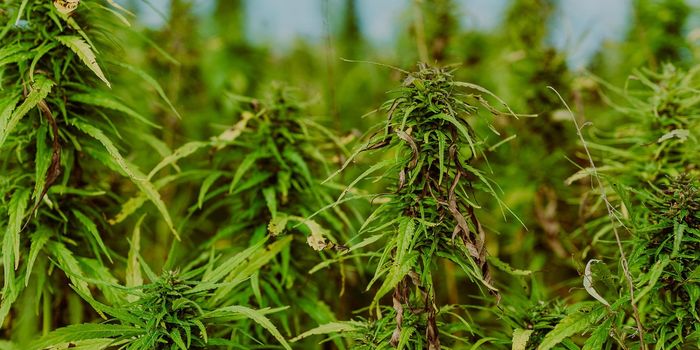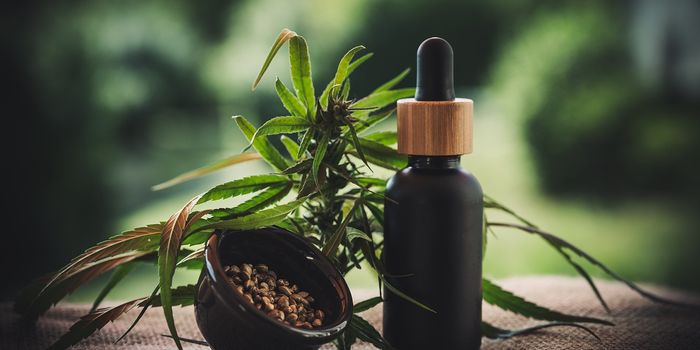Right to Try Law Does Not Include Medical Cannabis
Very recently the President of the United States signed a new federal law called “Right to Try”. The intent of this bill is to allow individuals with grave illness to use non-Food and Drug Administration (FDA) approved means of treatment for their illness or symptoms. Patients at this point with their diagnosis or disease have very few options for treatment before death; this bill allows them to utilize treatments not otherwise legal or available to them.
Interestingly enough, medical cannabis is still not an option under this new law for some places in the United States. Each state’s interpretation of the new “Right to Try” law can be done based on that state’s individual needs and other existing laws. Since there are some states that refuse to recognize that medical cannabis is valuable and a safe alternative to many other drugs more dangerous than the plant, those states and patients still cannot utilize cannabis as legally as part of Right to Try.
Nebraska is one of those states. The leaders of the state have declared medical cannabis illegal and even those dying in their state cannot try it as a last resort under this new law. They indicate this is because the federal government still considers it a schedule 1 drug with no medicinal value and an extreme danger to society under the Controlled Substances Act. Some states are more adamant than others.
Many states, in fact, are looking at this issue closely; more than 35 other states are evaluating Right to Try legislation. Utah has passed Right to Try legislation specifically directed towards medical marijuana under this new law. The others have not yet. Medical cannabis is still, as of yet, not included in these ideas per se. It’s not, not included, however. It’s very vague.
How does this make you feel as a citizen, wherever you happen to be? Should terminally ill patients be able to choose what they try despite the approval status by the FDA or the Drug Enforcement Agency if you are in the United States? Before looking into this topic, it was assumed that medical cannabis would be included in this legislation. It was a workaround for a small group of people fighting for their lives. Unfortunately, medical cannabis may still get left behind as an option in many locales. The dangers of utilizing it against the law involve potential legal ramifications that are too costly after the financial burden a terminal illness creates for individuals and families.
While there is still a lot to research and learn about cannabis as a medicine, there are solid reasons for considering it part of a potential arsenal for treatment and use therapeutically. It has been shown to help with pain from terminal illness (cancer) and is even disguised in a drug currently expected to be approved by the FDA in the coming months (Epidiolex). The FDA is actually set to approve the plant based cannabidiol drug for epilepsy; drug companies see this opportunity and yet options are limited for others who don’t have the deep pockets for getting through FDA approval process. Tough to swallow when the plant and forms of cannabinoid medicines are out there and available as well.
If not an option for the terminally ill, then when is a good time to allow people to try this potentially effective, and natural alternative to what is out there now?
Sources: Herb, cannabadger, life matters media, Lincoln Journal Star,









